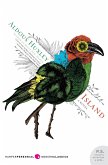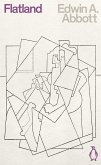In J. D. Beresford's 1913 novel, 'Goslings,' readers are immersed in a satirical yet poignant exploration of childhood and societal expectations. Through a narrative that deftly intertwines humor with critical social commentary, Beresford paints vivid portraits of young characters caught in the throes of a rigid Edwardian society. The literary style is characterized by its sharp wit and keen psychological insights, showcasing Beresford's ability to reflect on the innocence of youth while critiquing the adult world's constraints on imagination and freedom. J. D. Beresford, a prominent figure in early 20th-century English literature, was known for his innovative approaches to narrative and themes of existentialism. His own experiences, including his life in a rapidly changing society and his observations of the educational system, informed his portrayal of the children in 'Goslings.' Beresford's intent was to challenge the conventional perceptions of childhood, pushing readers to question the value placed on conformity and societal norms. Readers seeking both an entertaining and thought-provoking experience will find 'Goslings' to be a remarkable work that resonates even today. By blending humor with serious themes, Beresford's novel encourages reflection on the complexity of growing up in a world that often stifles individuality, making it a timeless classic that warrants serious consideration.
Bitte wählen Sie Ihr Anliegen aus.
Rechnungen
Retourenschein anfordern
Bestellstatus
Storno








